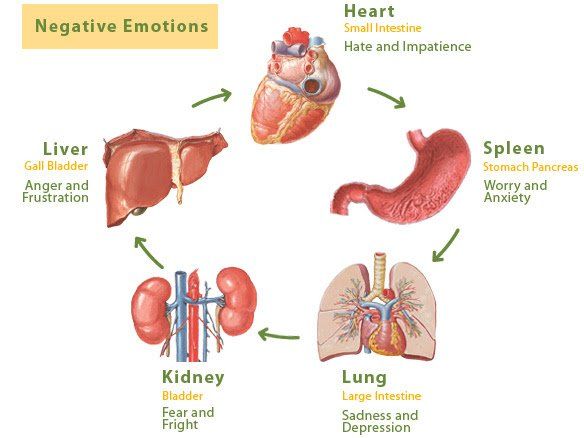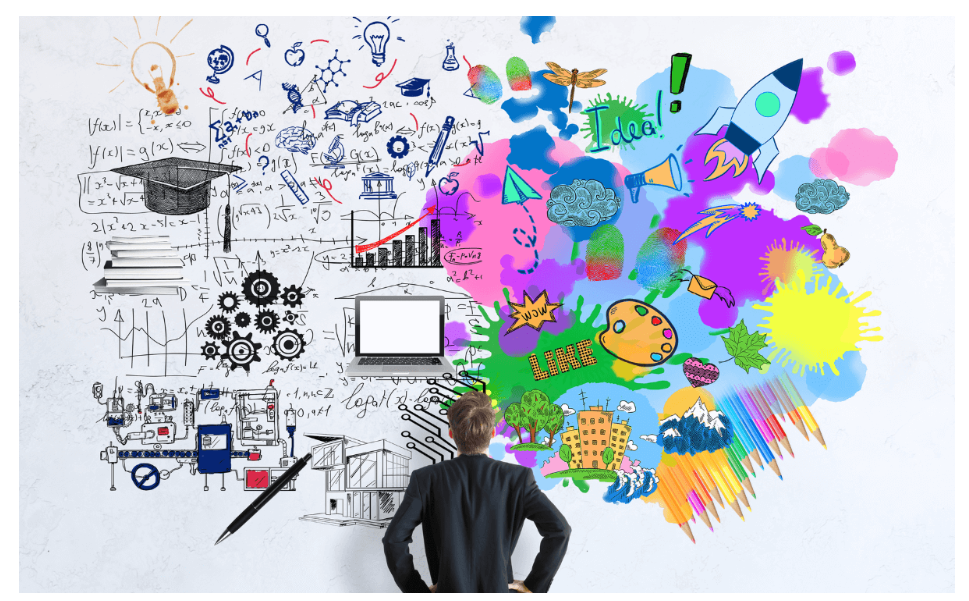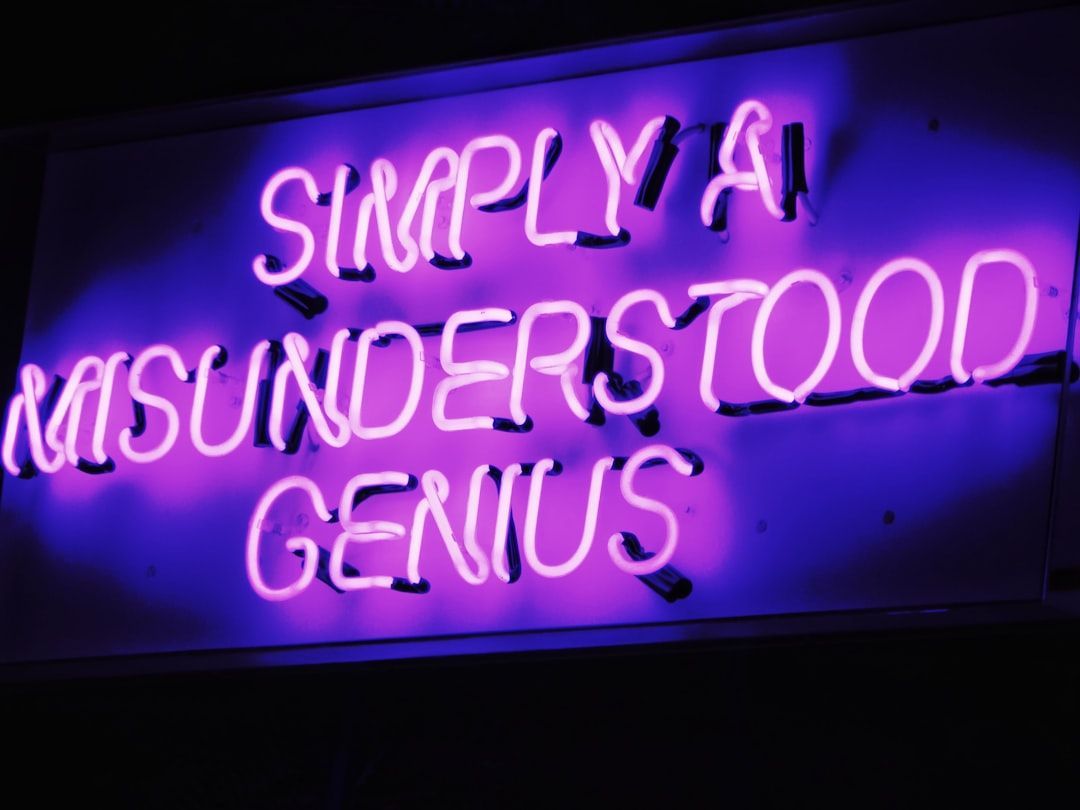Genius, Feelings and Emotions
Genius Tip #491
A highly unsuspected distinction?
With his international bestseller "Emotional Intelligence" in 1995, Daniel Goleman
opened a global discussion about the power of human emotion in leadership and daily communication. His clarifications around understanding emotions has been impacting these conversations until today.
However, it also opened the limits of this approach: Emotions want to be felt, not just understood. Feeling deeply is a human domain that has not been developed through any formal or informal education - intellectual development is their domain. The discrepancy between intellectual/mental development and lack of emotional development easily leads to self destructive tendencies and might be a major cause of (teenage) identity crisis and even suicide.
So let's clarify the fundamental distinction between feelings and emotions:
- You can feel thirsty or hungry - it is not an emotion, but a physical sensation.
- You can feel love, anger or disappointment - very clear emotions!
Cold it be that 'feelings' describe an over-arching term and emotions are a subset? Other subsets include intuitive feelings or social feelings of connection or disconnection.
This opens a new world of awareness: Feelings are physical and impact every organ of our bodies! They can be explored and developed or shut down and suppressed. Emotional health or emotional sickness are just natural consequences:
Obvious symptoms range from superficiality, fake news, sensationalism and confusion to sentimentality, fixation on past events or outdated belief systems.
Every healthy human conversation shows these 2 levels - FACTS and FEELINGS. This authentic combination builds trust and human connection, step by step. It invites growth and development and turns out to be a clear path for parents to become trusted advisors for lifetime to their children or serve as a highly respected mentor in an organization.
What does that mean for your daily environment?











